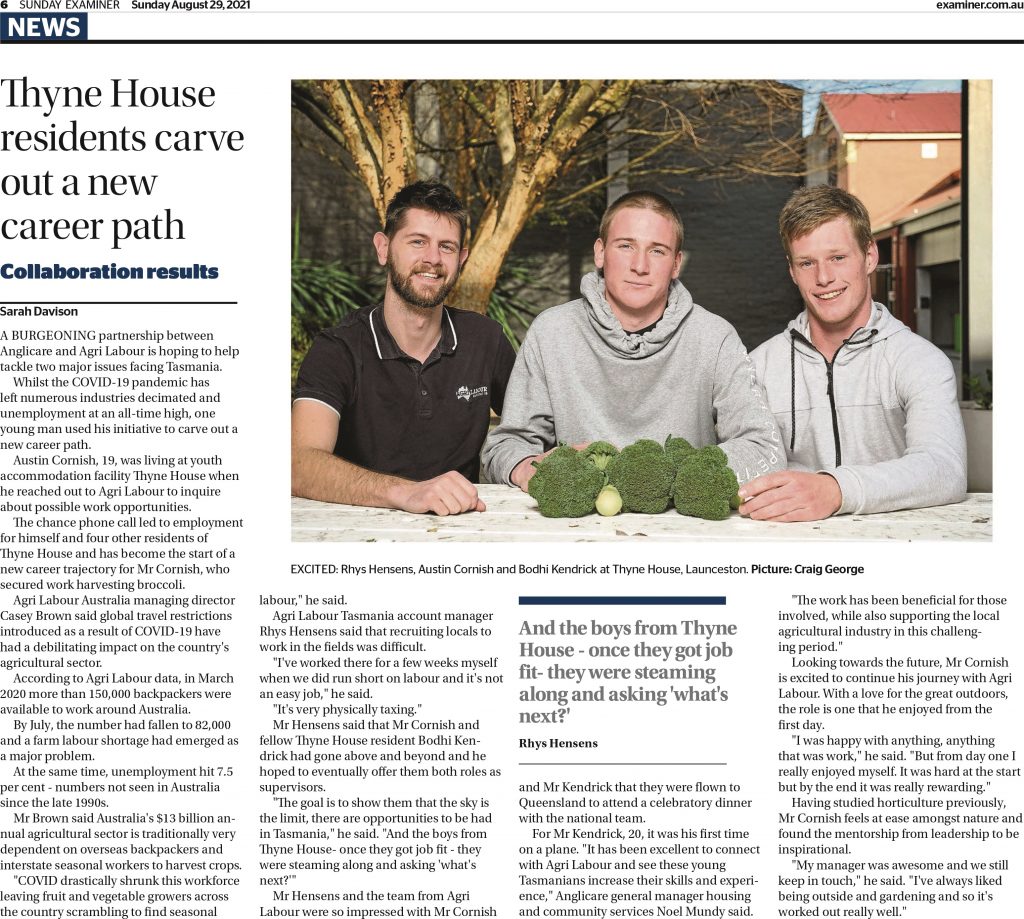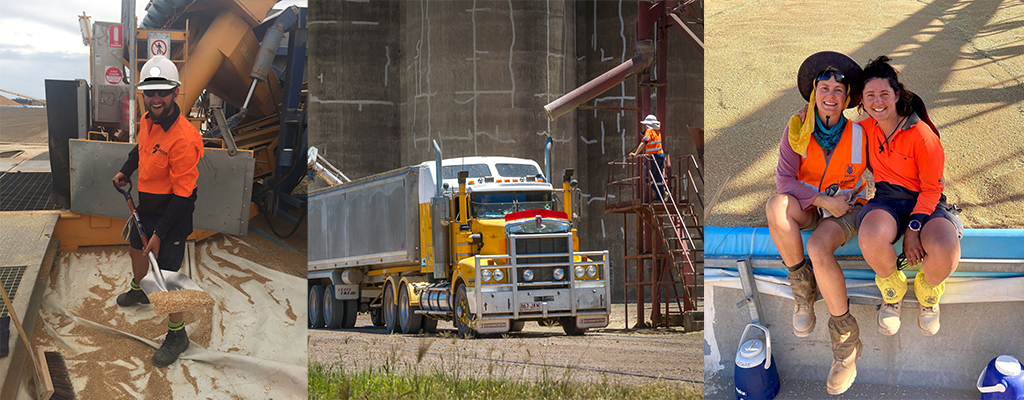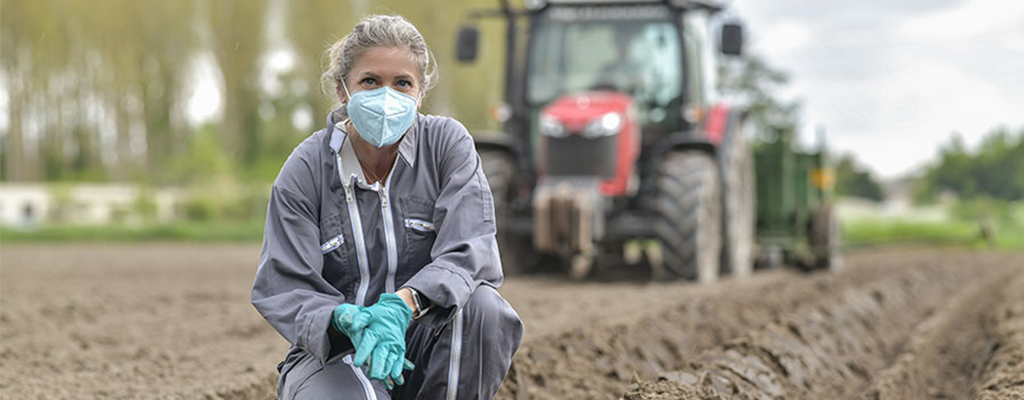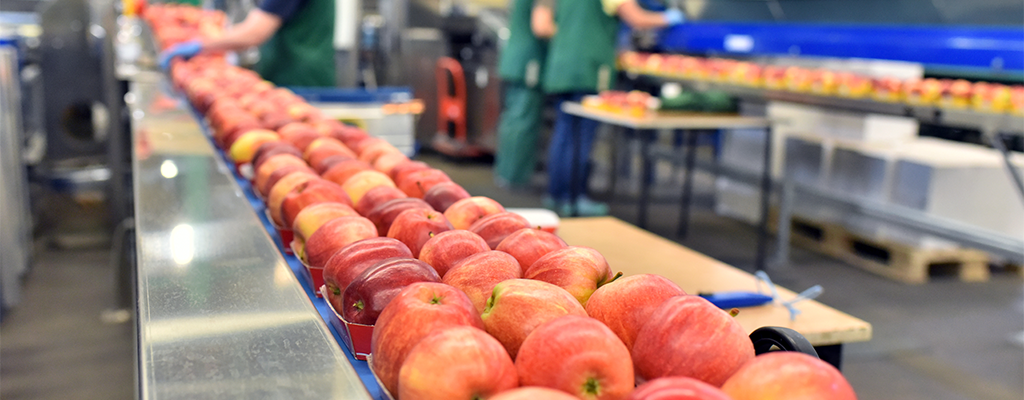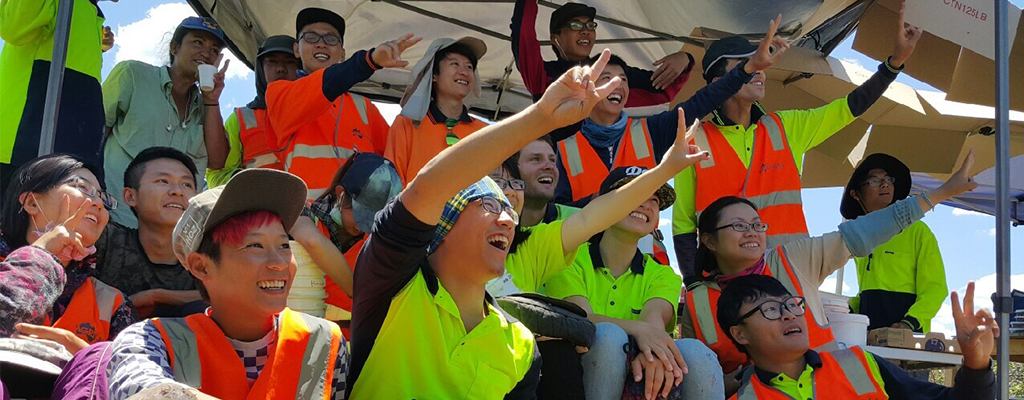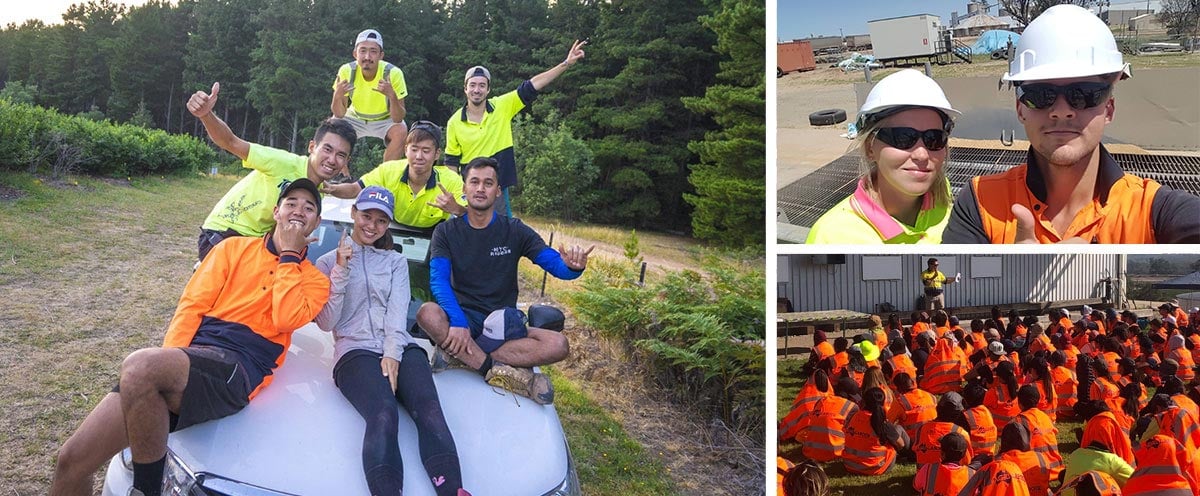The Agri Family is always growing, so we were excited to welcome new recruitment consultants, Daijiro Yoshida and Amy Smith to the team!
These two have already been super busy assisting candidates find the best farm work available in Australia. With the 2021 Grain Harvest just around the corner and big summer crops needing thousands of workers, we think Dai and Amy have started at the perfect time to assist us with these big Australian agriculture events.
Read on about these two great people and get in touch with them today for your next (and most memorable) career move!
Name: Daijiro Yoshida (better known as Dai to friends and family)
Role: Recruitment Consultant
Office location: Kelvin Grove, Brisbane
Qualifications: Bachelor of Psychology and Business
What did you do before joining ALA?
I was an HR Administrator for a Disability Support organisation and before that I was a Duty Manager at MOS Burger (YUM!).
What drew you to working with ALA?
I wanted to gain more knowledge and experience in staff recruitment and selection. I was also excited to work with Operations Manager, Liam Palmer who is known for being very understanding and working cooperatively with everyone.
What skills do you bring to your role?
I take a lot of pride in having a great work ethic. I also love to get things done so I will do whatever it takes to get a certain project or work completed by the due date.
What are you enjoying about working with ALA?
I love the people and the culture. It’s a thriving place and I genuinely love coming to work every day.
Where did you grow up?
I grew up on the Gold Coast and have lived there my whole life. #stillnotasurfer ☹ My Mum lives in Japan a lot of the time and I have five siblings! Three sisters and two brothers…one of them lives in Japan and another in America which is a bit of a challenge these days with travel restrictions.
What are your hobbies and interests?
I love playing sports with my friends, going to festivals, and playing games. I just like a little bit of everything. I also LOVE travelling. I usually go to Japan once or twice a year, but I have also been to Korea, Taiwan and few places in Europe like (Belgium, Netherlands and Italy). I am planning to do more travelling when we can again.
Favourite place in Australia and why?
I’d have to say Gold Coast, mainly because I have been there my whole life and all my friends are there but I do like Brunswick Heads in NSW – it’s very peaceful.
What are you looking forward to next?
Hopefully Covid -19 becoming more under control so I can travel again. Otherwise, getting better at my job here at Agri Labour Australia 😊
Name: Amy Smith – Amy is currently at QUT completing the second half of her double degree in psychology and business majoring in HR.
Role: Recruitment Officer
Office location: Brisbane
What did you do before joining ALA?
Payroll and HR officer
What drew you to working with ALA?
I was wanting a more social job where I get to directly interact with employees and candidates.
What skills (unique or otherwise) do you bring to your role?
Being at uni means I’m always learning and applying that knowledge into the workplace.
What are you enjoying about working with ALA?
The team environment and the level at which people care for their candidates.
Would you like to tell us about your family? (optional)
I have two sisters and am the middle child 😊… but I have now moved out of home so my own little family consists of a six month old cavoodle and my partner.
Where did you grow up?
Brisbane
What are your hobbies and interests?
Do cuddles with my puppy count?
Favourite place in Australia and why?
Frazer Island. My family and I go there every year, we leave our phones for the whole week and focus on enjoying the beautiful sights and spending time together.
What are you looking forward to the most?
MY NEW JOB!!!!
